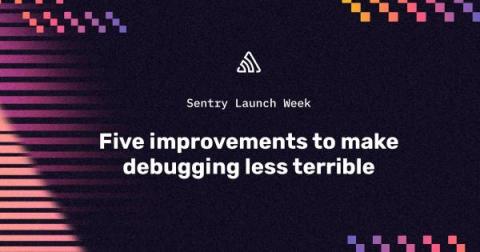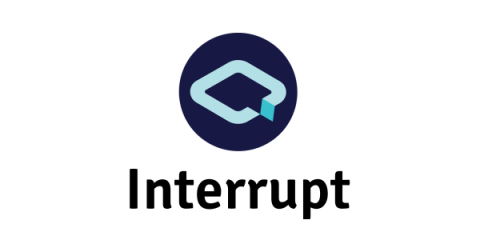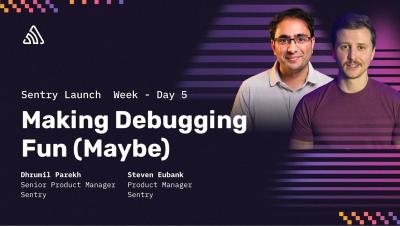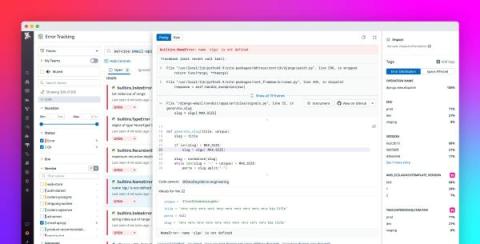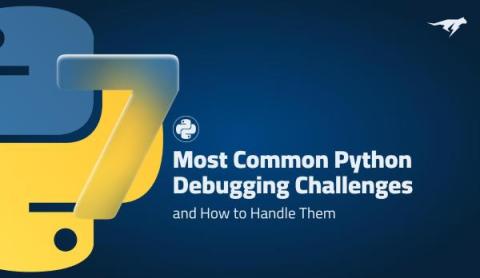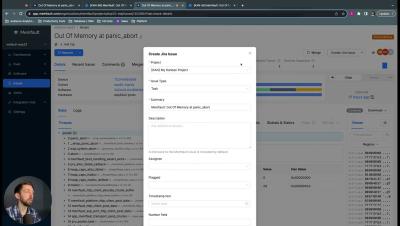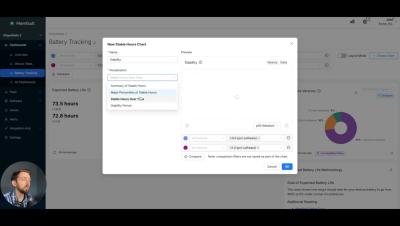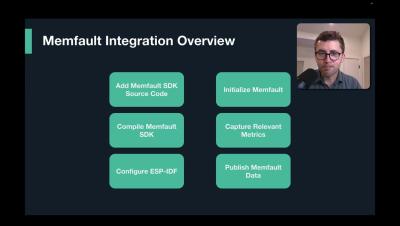Frontend Debugging Is Bad and it Should Feel Bad
There’s a sentence that strikes fear into the heart of every frontend developer I've ever met: Users are reporting issues, and we don't know how to replicate them. What do you do when that happens? Do you cry? Do you mark the issue as wontfix and move on? Personally, I took the road less traveled: gave up frontend engineering and moved into product management (this is not actually accurate but it's a good joke and it feels truthy).



